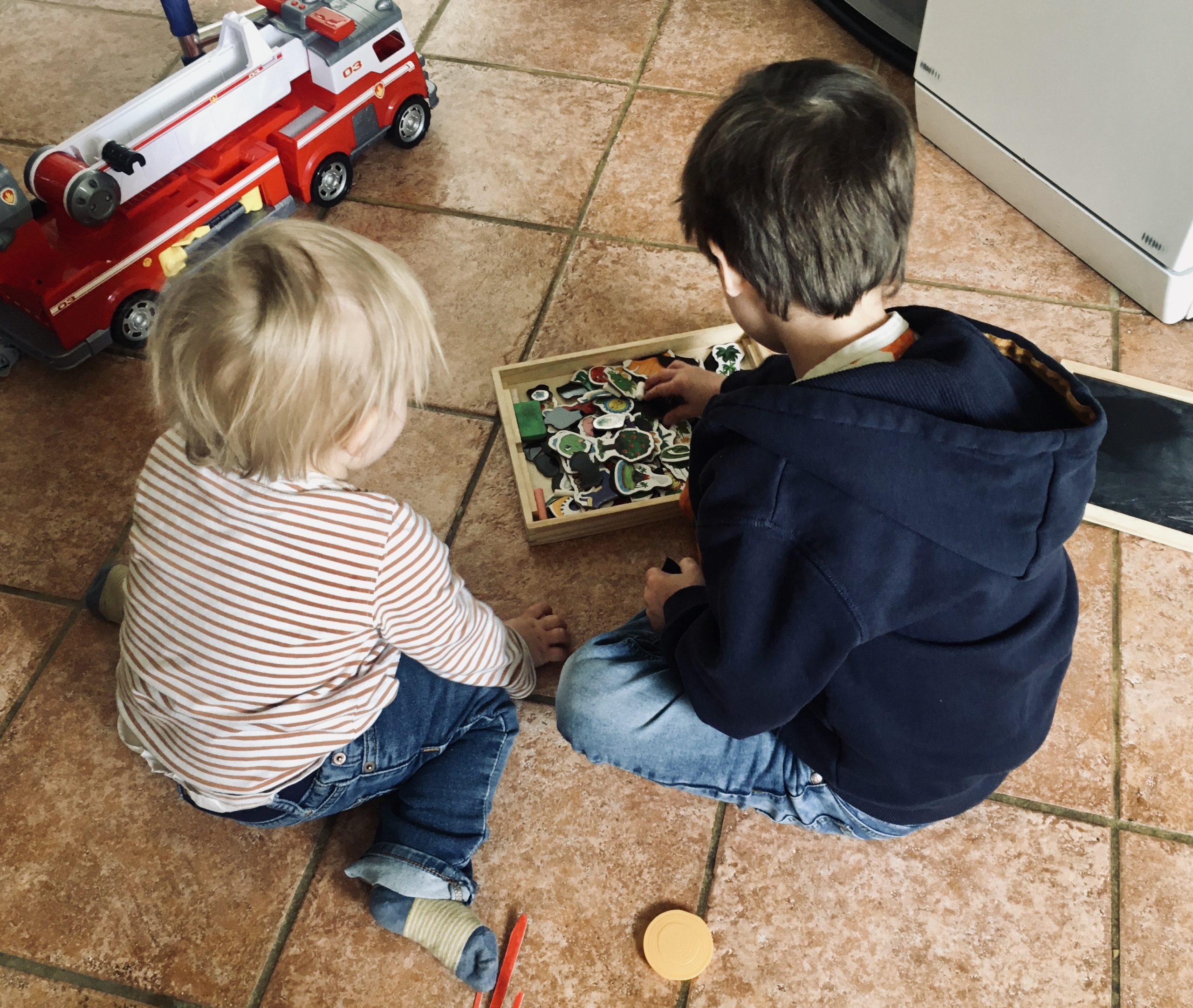As people in the UK face further weeks in total lockdown and in other countries around the world the picture is not much different, how are you doing? Is this the ‘new normal’ everyone has been talking about? Or are you tired of being restricted, restless and unfocused? How is your mental health?
The circumstances of your own lockdown will have a part to play in the way you experience this period of restriction. The physical environment and the people with whom you share it are significant. Here are some possibilities:
When you’re in lockdown with your partner or family
It can be a great thing to be in lockdown with your loved ones. It’s time to be together without the stress of a daily commute. You may feel you have more time for each other and you are able to tackle some projects at home that have been waiting for their day to come.
As one of my clients expressed it, ‘It’s lovely to discover that the woman I married all those years ago is still the person I want to be with all the time’. I’m delighted for him!
I’m also aware that not everyone has had such a delightful experience of being locked down with family. At the other extreme, there are people who have suffered greatly at the hands of an abusive partner. I hope, for people in such distressing circumstances, this pandemic has been the catalyst to seek the help they need to escape.
For most other people, the experience of being at home with your partner and/or children day after day, is likely to be a mixture of the enjoyable and the irritating without necessarily any coherent pattern as to what is enjoyable or irritating on a given day.

Firstly, there’s the lack of personal space. That can be either physical space or mental space. If you’re accustomed to a quiet hour on the train or in the car to ‘bookend’ the working day it can be hard to miss out on that time to read the news or listen to your favourite podcast. You may feel under pressure to do activities ‘as a family’ and spend all your time in togetherness even if you feel in need of some ‘me time’.
Human beings in general separate experiences by a process known as ‘compartmentalisation’. It enables us to function well in the face of the immediate demands of the situation regardless of what we may be concerned with in other aspects of life. Hence, you can go to the office and put in a good day’s work even if the bathroom ceiling is falling down and the plumber can’t get to you for another two days. This is also the reason why you can ‘switch off’ when you go on holiday or enjoy a stroll around the park at lunchtime even though you have a stressful meeting to attend later. You’re in a different place and different things are required of you. (I know some people don’t compartmentalise as well as others, but it is an innate skill.)
Being in lockdown and working at home denies us the ability to compartmentalise. There isn’t enough distinction between home life and working life. It means you can never fully ‘get away’ from anything that’s a source of stress or irritation. It’s hard to get a different perspective when you can’t detach from your problems by literally going somewhere else.
This may be why you feel restless and anxious to get out of the house. Daily exercise has been encouraged for a range of reasons and getting out of the house to walk, run, cycle or play your favourite (socially-distanced) sport is very beneficial. If you’re feeling a bit overcrowded by your family, go out alone. That may seem obvious, but sometimes it’s hard to see a solution when your whole life is up close.
Another factor in this situation can be a sense of guilt. One person told me that he felt guilty about being dissatisfied and restless. He said, ‘I’m safe at home, I have a supportive employer who is enabling me to continue to do my job and I’m surrounded by a loving family. I should be grateful but I’m angry and resentful instead. I feel guilty when so many people are much worse off than me and yet I just want to get back in the office.’ Sound familiar?
It’s normal. No matter how well the circumstances have been adapted to facilitate your life during lockdown, the fact remains that none of us can do exactly what we are used to doing. It’s normal to feel unhappy about that and sadly, many people will then feel guilty for feeling unhappy.
At an intellectual level we may fully understand and support what’s happening. The more primitive, gut-level response of anger, frustration or fear is also a normal response to prolonged restriction of our activities and the loss of anticipated pleasures. Ignoring your feelings will only work for so long. At some point you have to acknowledge your emotions and tackle the cause, or they’ll just keep on getting more intense.
That, of course, is also true whatever your circumstances…
When you live alone
People who choose to live alone are often those with introverted personality types. They enjoy the solitude at the end of a busy working day and are content in the peace and quiet. Many people however, live alone, not out of choice but because they are recently divorced, separated or widowed. It may have been hard to be alone before the lockdown, but some solace could be found in social gatherings, hobbies and holidays.
Regardless of the reason why you’re alone, the isolation is a problem. Human beings are social animals and even the most introverted among us needs some contact with other people. And I do mean literal, physical contact.
Family therapist Virginia Satir once said, “We need four hugs a day for survival. We need eight hugs a day for maintenance. We need 12 hugs a day for growth.” In the UK we may be a little reserved about hugging, but even the touch of another human being in a handshake can be an important moment of contact for someone who doesn’t have someone at home to snuggle up with on the sofa.
 It’s partly this loss of physical connection that creates the sense of loneliness and isolation. Chatting to friends by phone or zoom can be fun, but it doesn’t supply the physical warmth that lets us know we belong.
It’s partly this loss of physical connection that creates the sense of loneliness and isolation. Chatting to friends by phone or zoom can be fun, but it doesn’t supply the physical warmth that lets us know we belong.
Some people who live alone have compensated for this lack of human interaction by focusing all their energy on their work. It’s a form of compartmentalising – by putting yourself in a frame of mind that doesn’t normally include hugging, you feel the lack of hugs less. And while your boss may be pleased with the amount of work you’re getting through, this isn’t healthy long term. A good boss will probably challenge you on it and encourage you to balance up your work time with other pursuits.
So what’s the solution to this lack of physical contact? Pets, especially furry ones, are an enormous comfort to those who live alone. If you don’t or can’t have a pet, try sleeping with an extra pillow to hug or treat yourself to a ‘weighted blanket’. Don’t underestimate the value of a teddy bear, either!
…I could go on. In fact I did!
If you’d like to find out more about the effects of lockdown on your mental and emotional wellbeing, click here to get your free copy of ‘Your Mind in Lockdown’.






